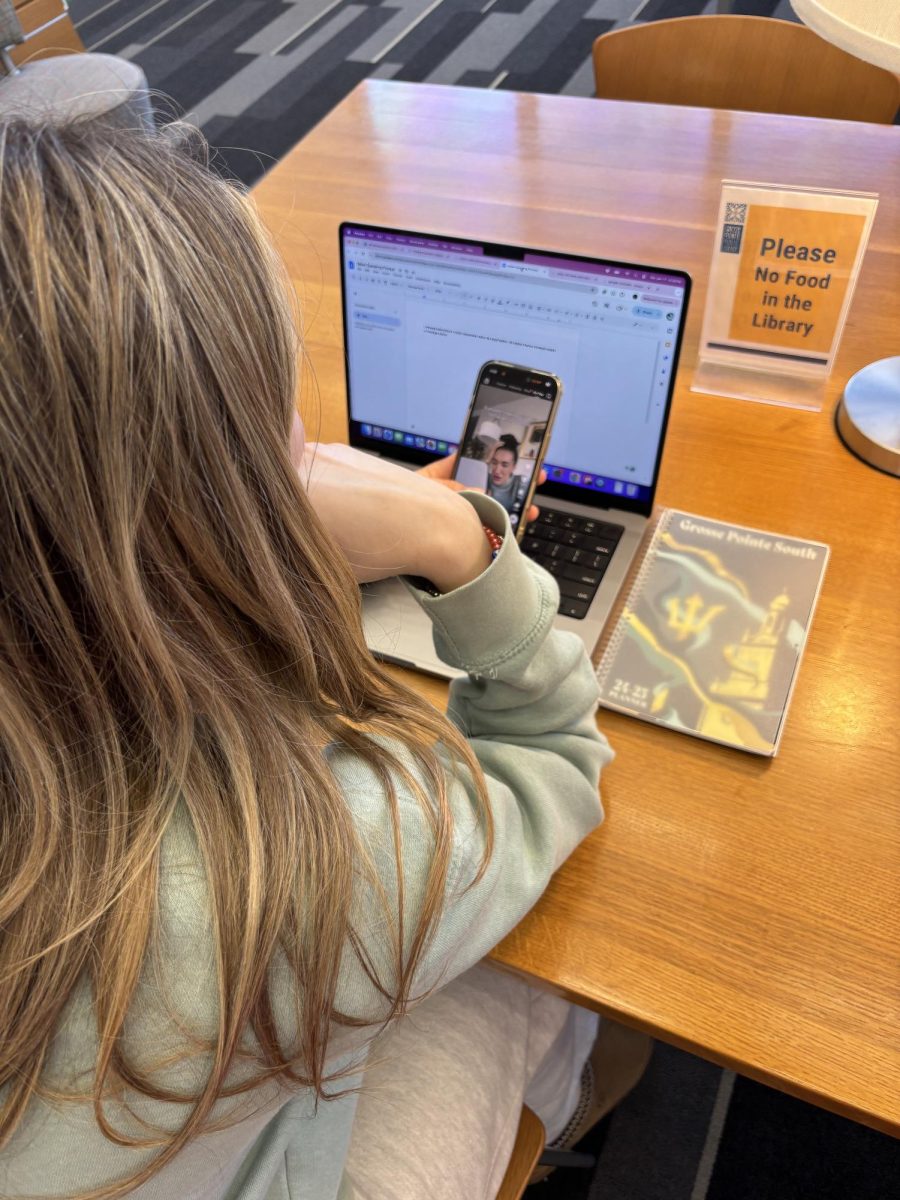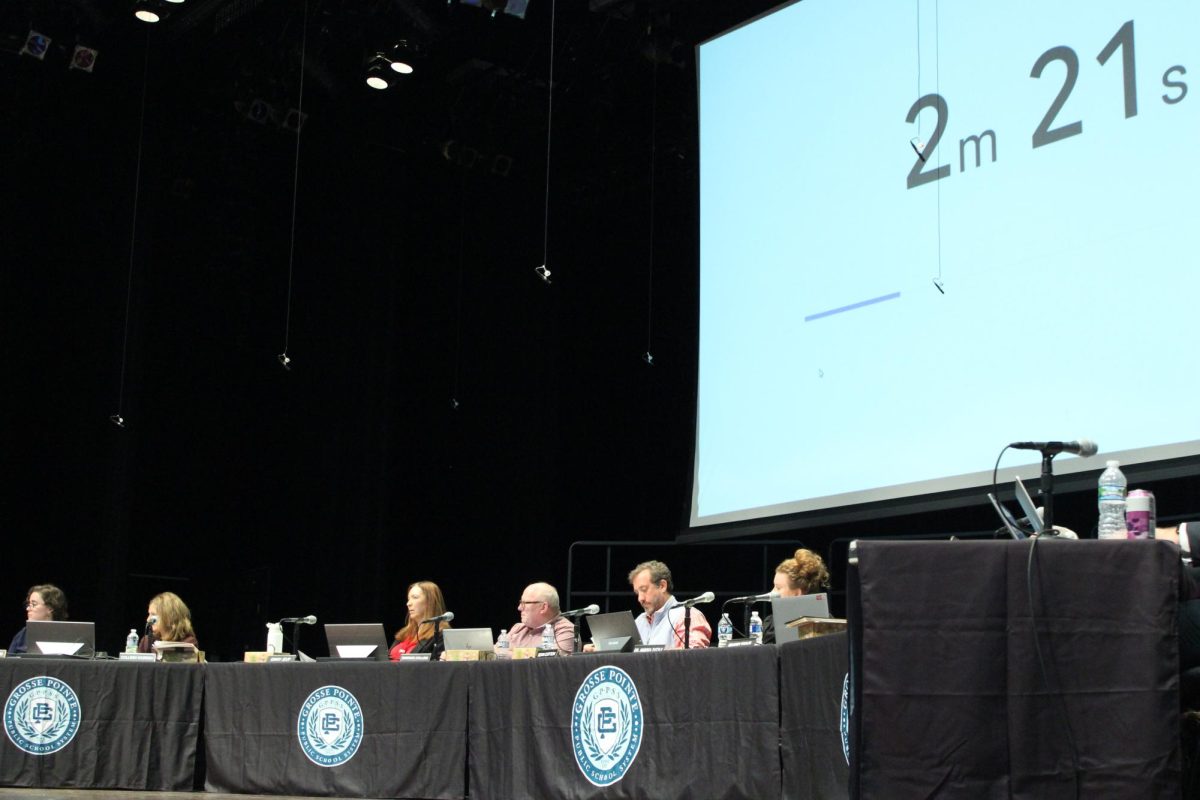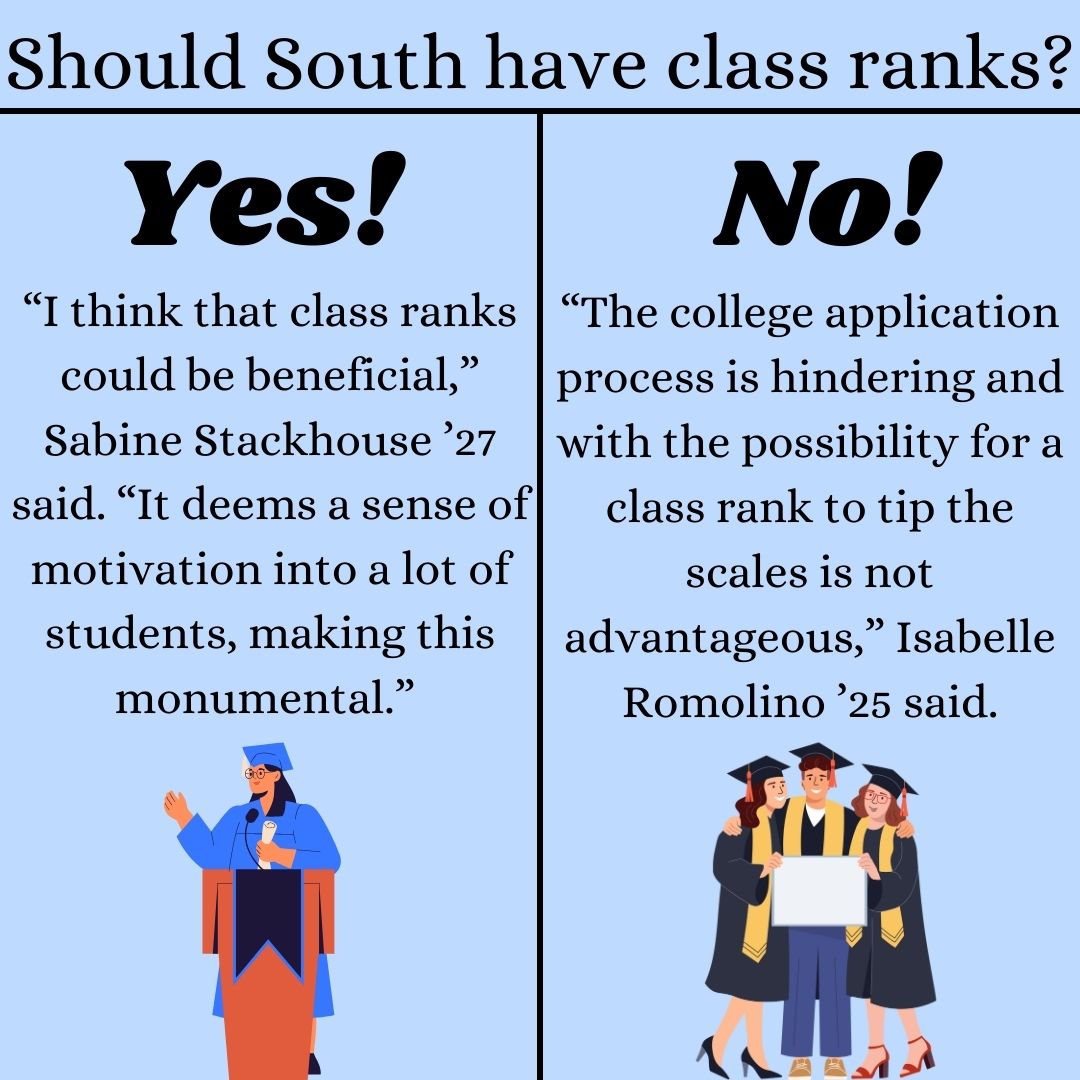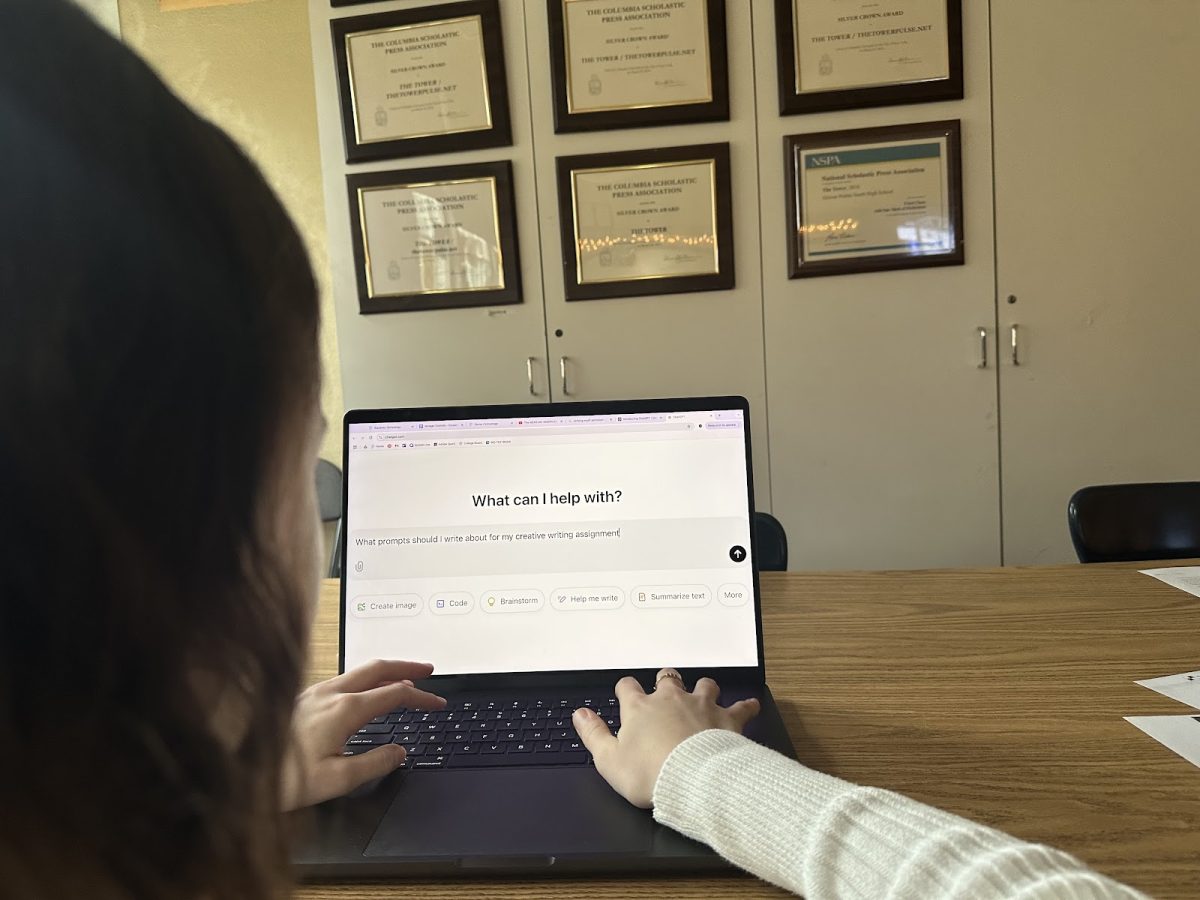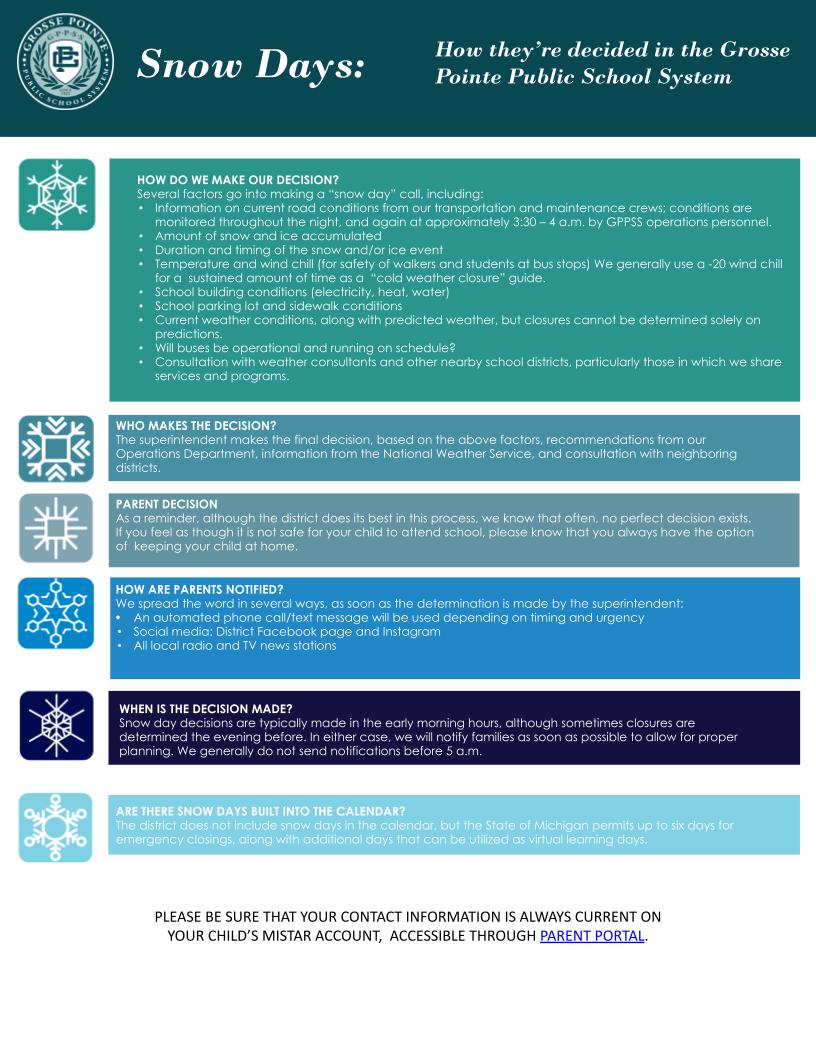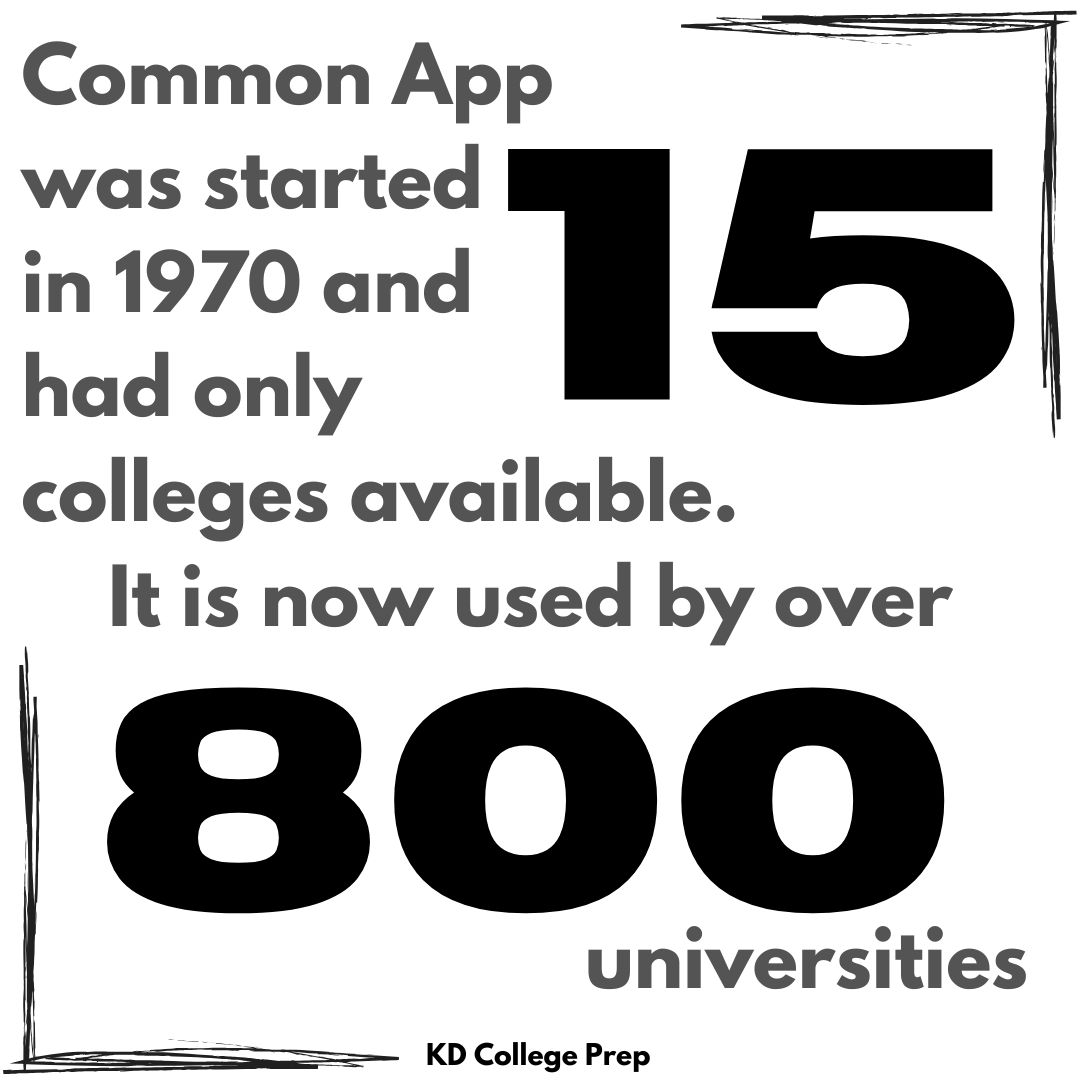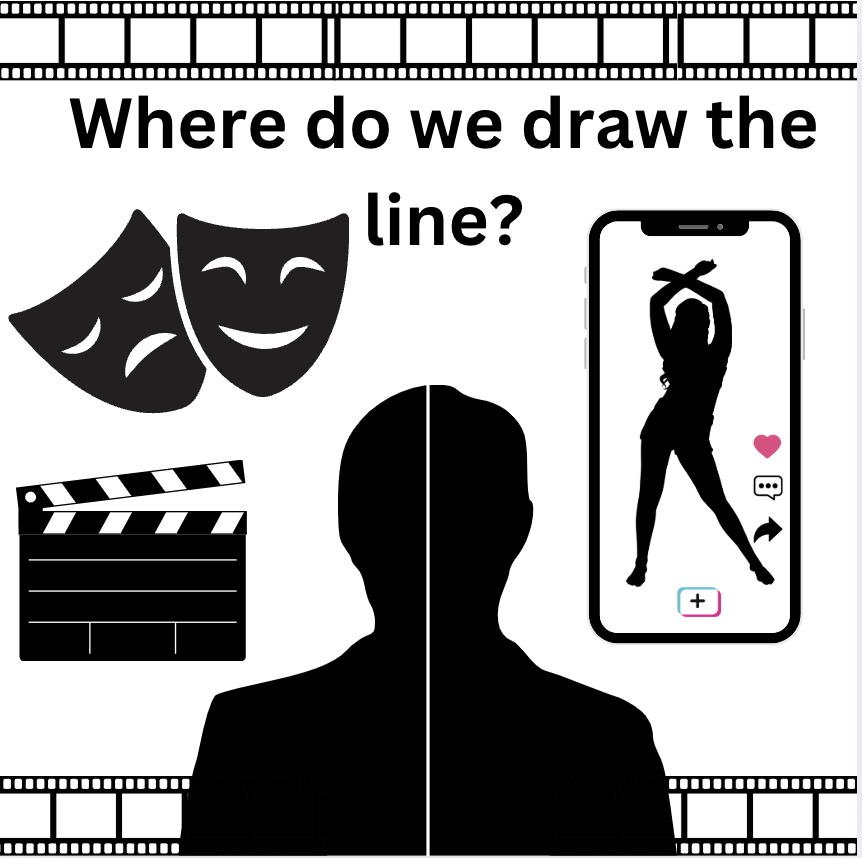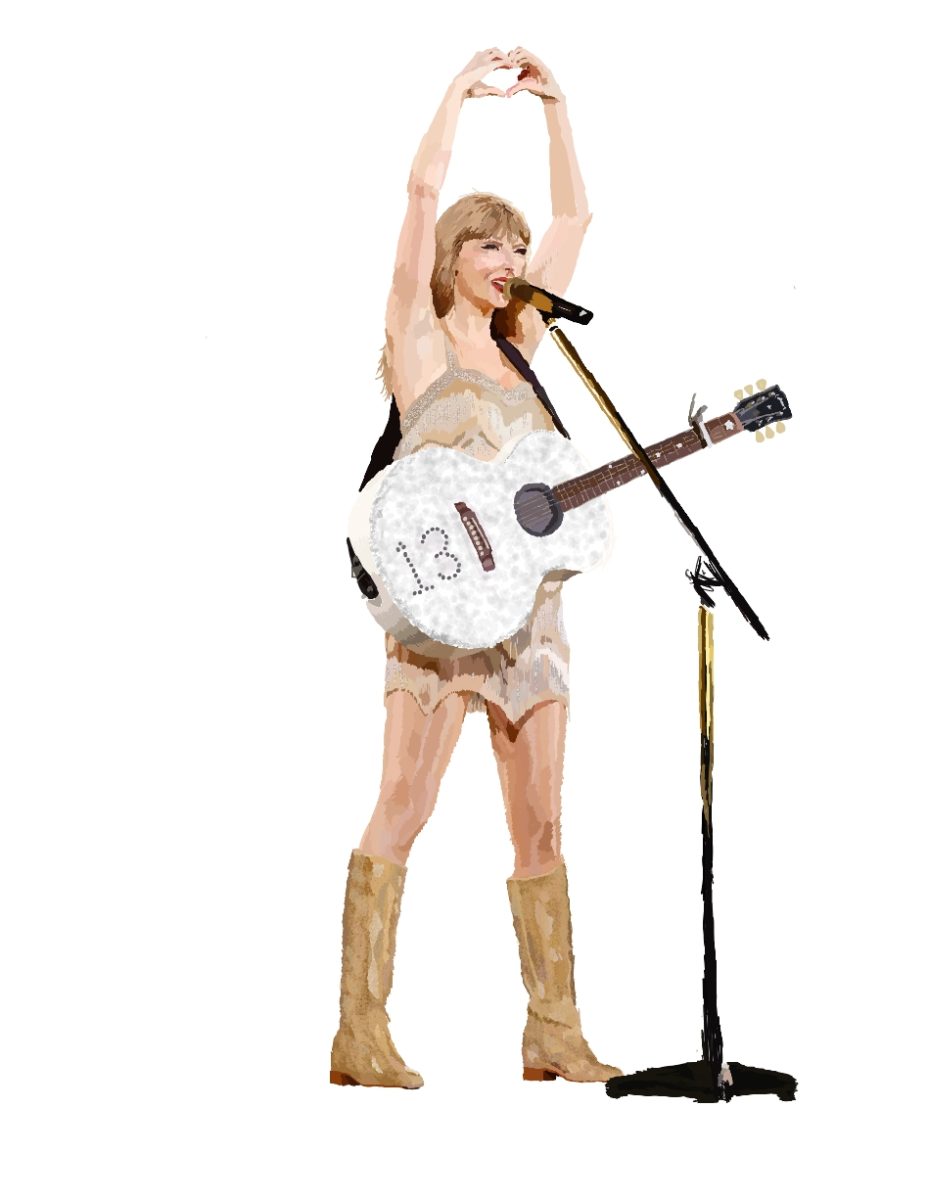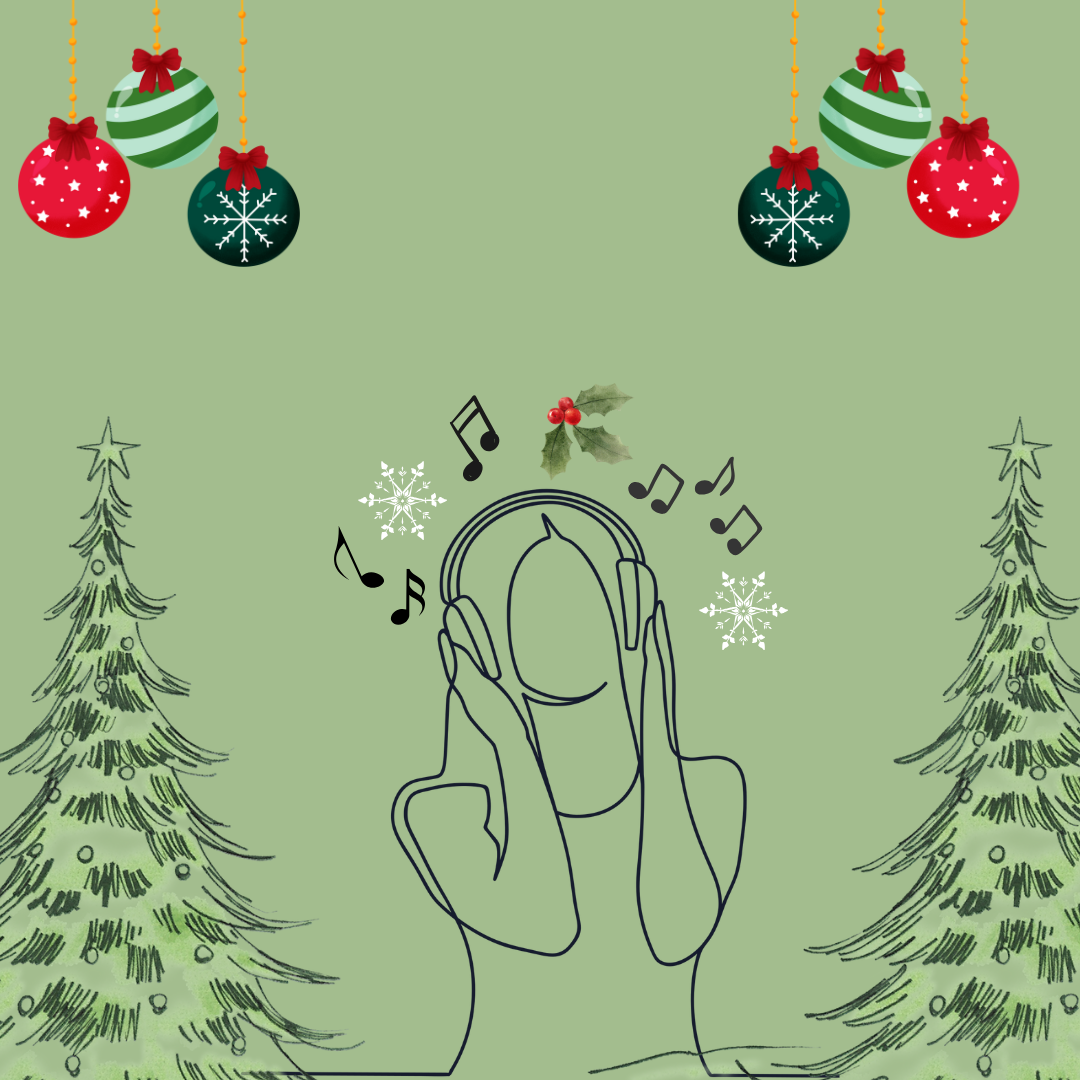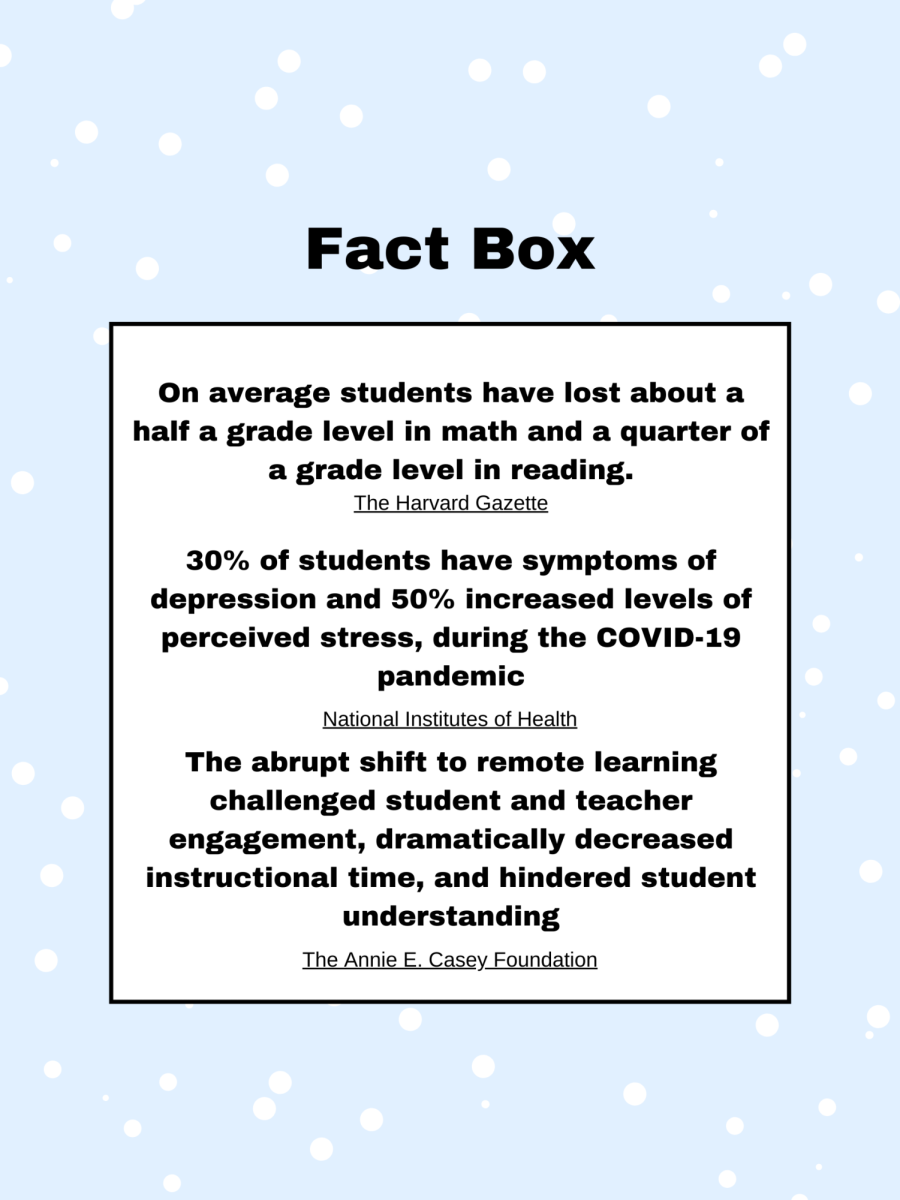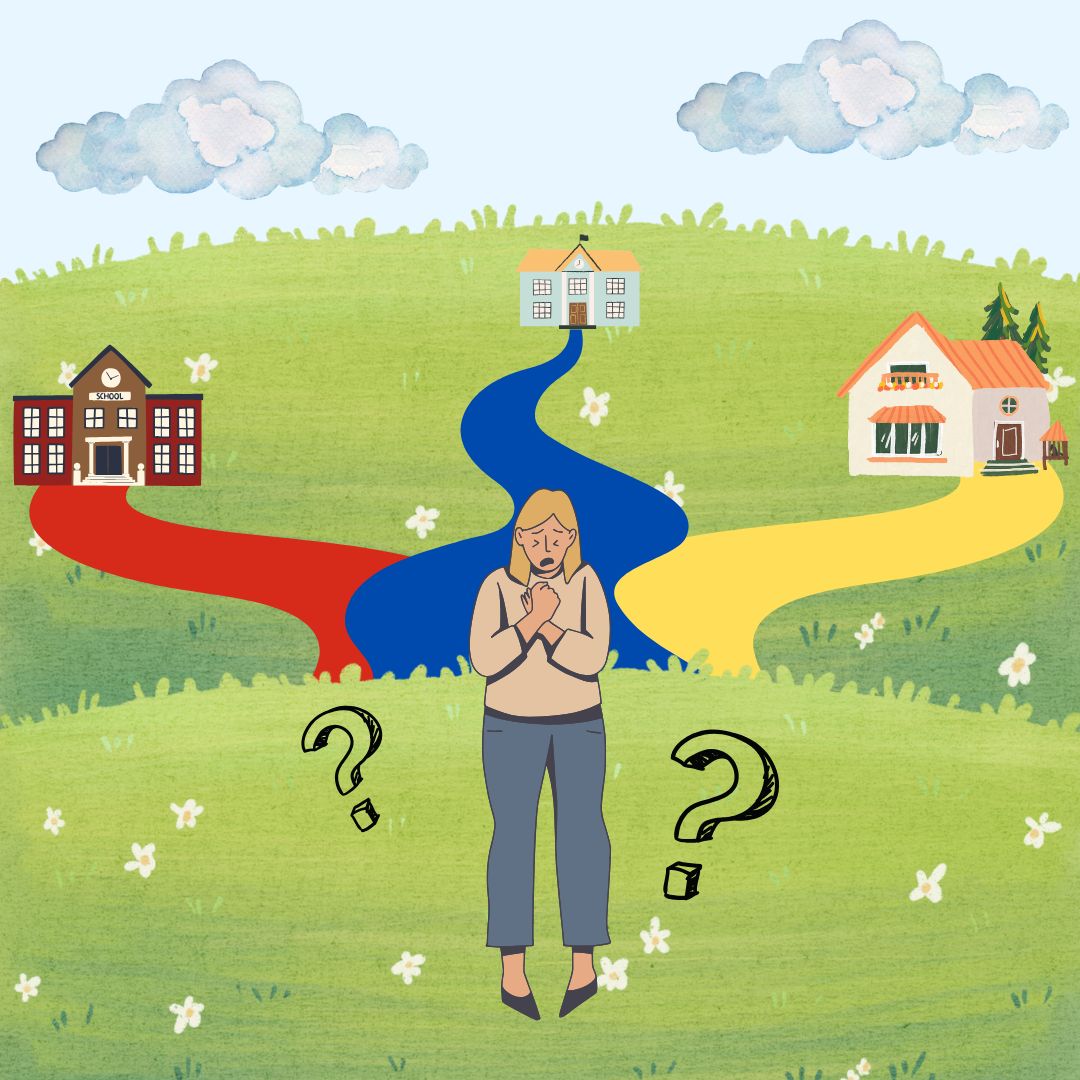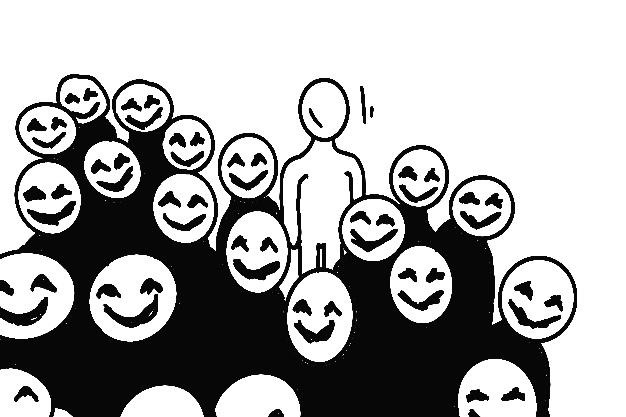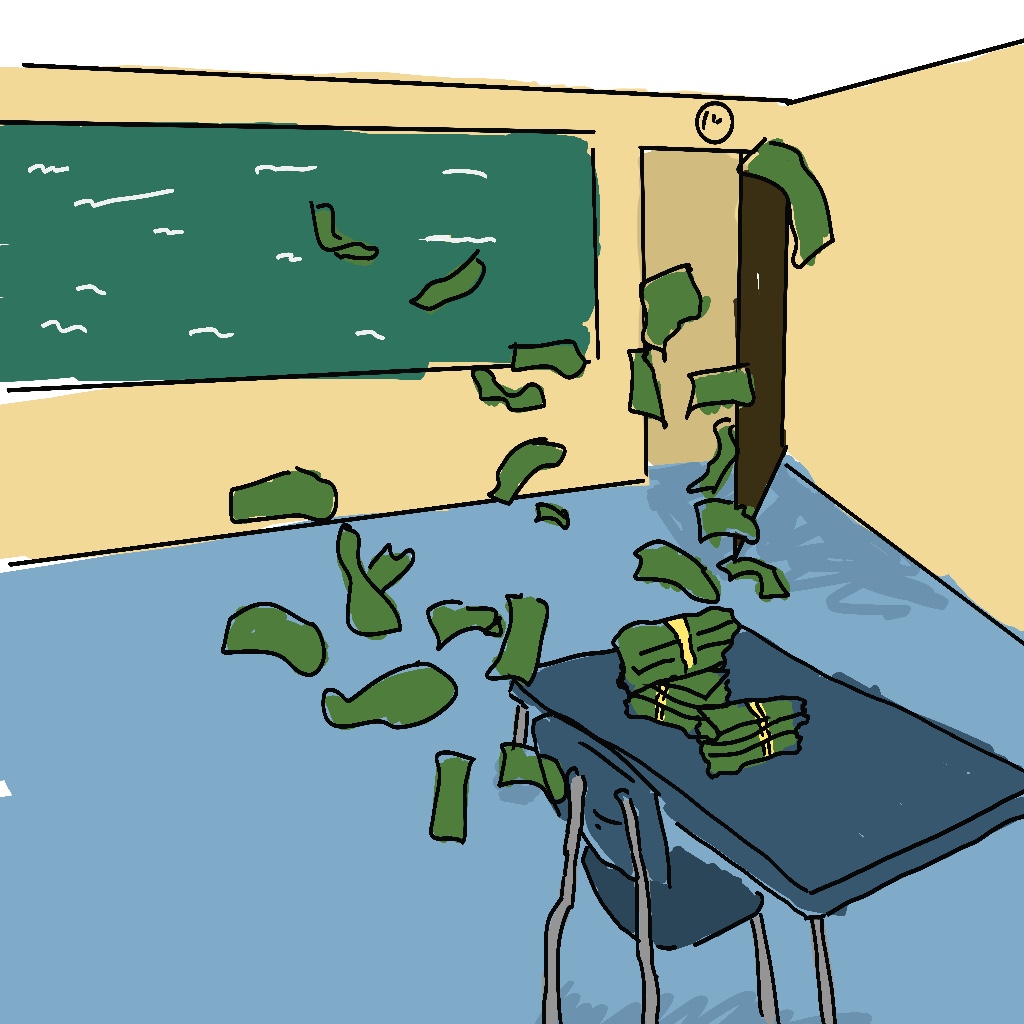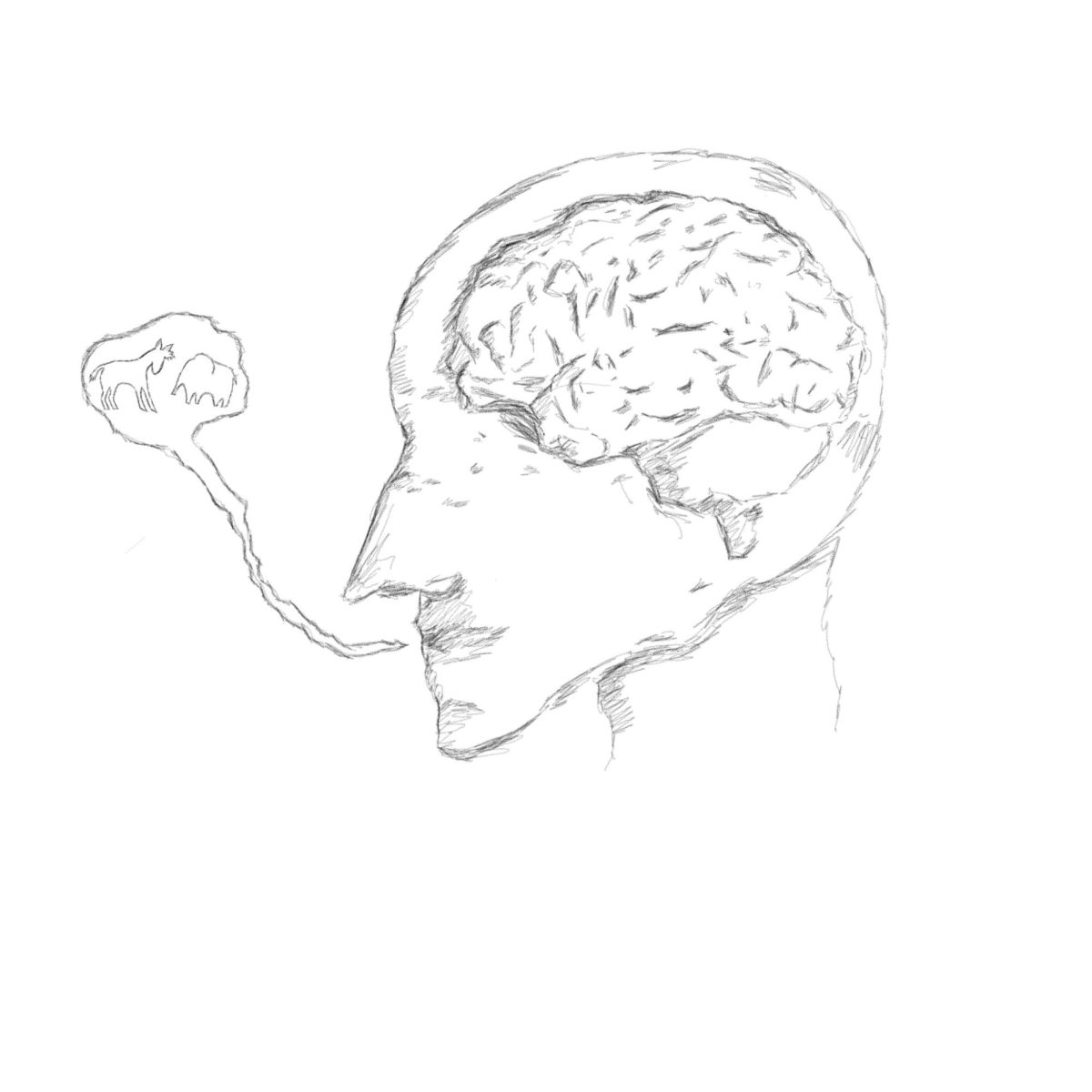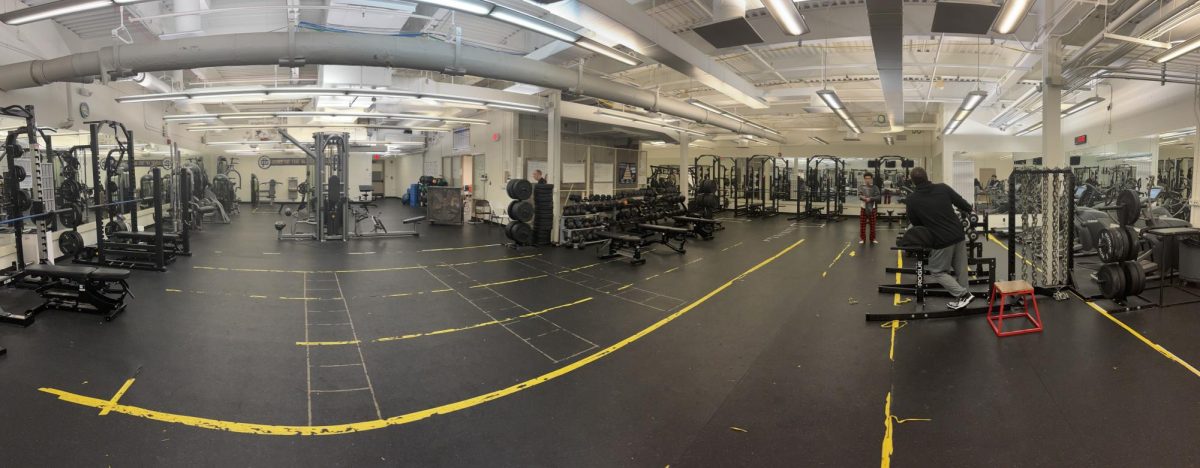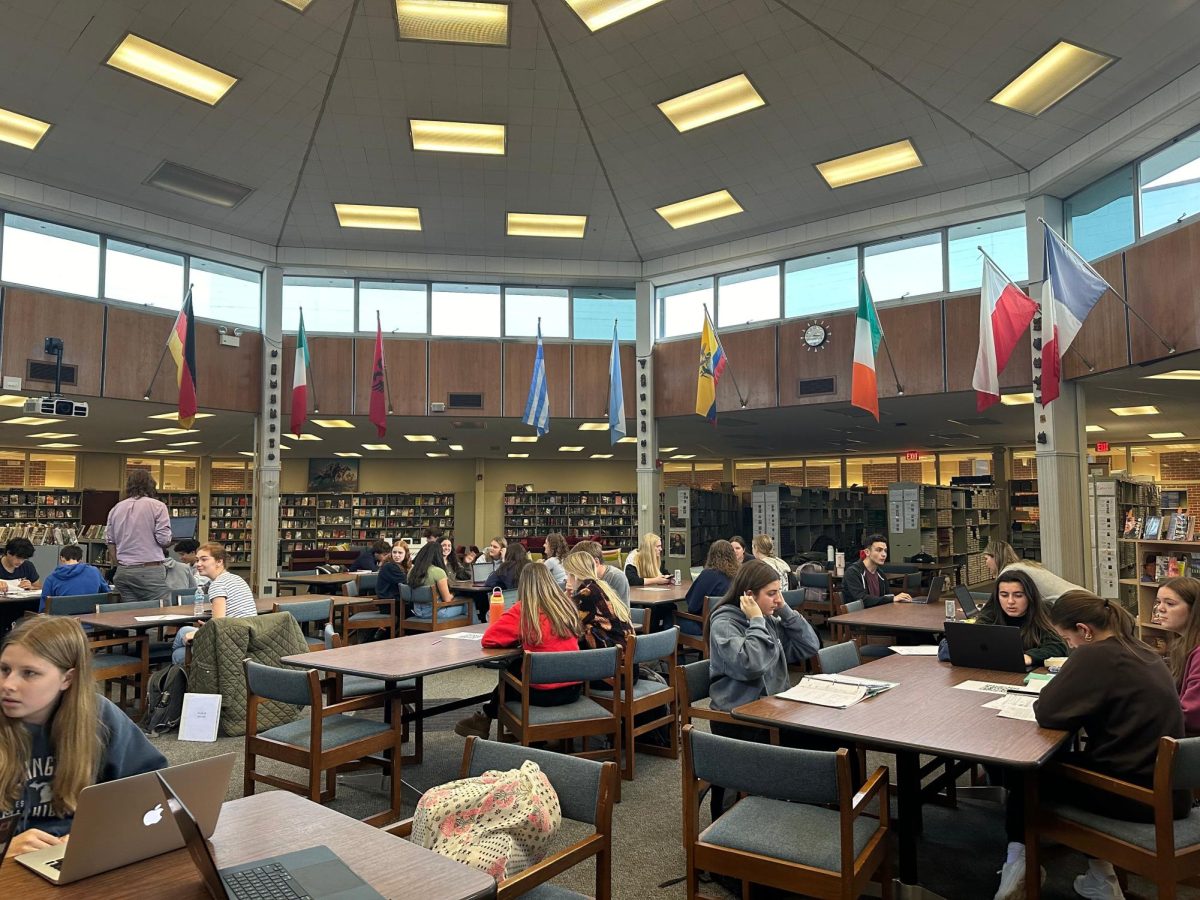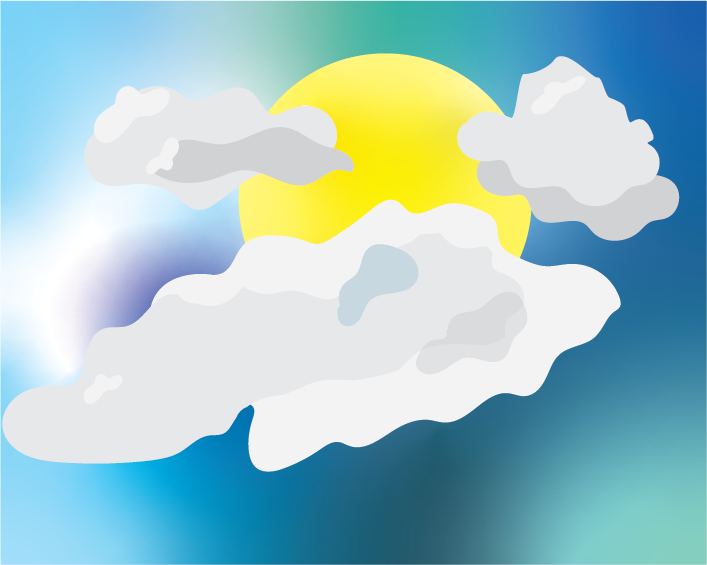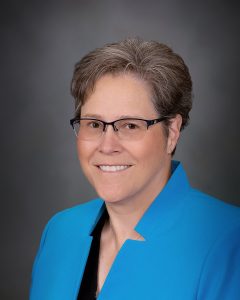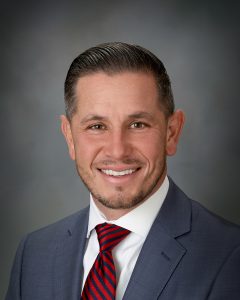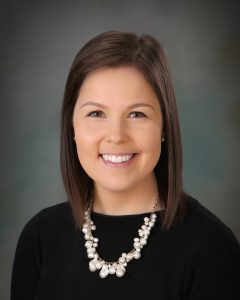Summertime sadness
August 29, 2019
Many students thrive when they have a regular schedule to follow. When that is taken away from them, however, they often don’t know what to do with all the free time. When feelings of loneliness or sadness occur from a routine shift, seasonal affective disorder (SAD) comes into play, according to local therapist Erin Castile.
“We just live in our heads all the time and when we’re not occupied with other things we have an abundance of time to sit and think,” Castile said. “Our mind doesn’t always take us to the best places.”
Jacquelyn Wang ’21 said she believes SAD is common in students during the summer and can be caused by a large shift or absence in routine, but there are other factors that can cause it, too.
“I think when students go from having a set routine in school to having nothing at all, it can really affect them and lead to summer seasonal depression,” Wang said. “I don’t think it’s uncommon. Also, I think social media can have a big influence on students with SAD in the summer. It allows you to constantly compare yourself to others’ “perfect” lives, and that can be harmful.”
Grosse Pointe South psychologist Lisa Khoury defined SAD as a form of depression that presents itself in a seasonal pattern.
“The symptoms for SAD are the same as ‘regular’ depression,” Khoury said. “But you have to have symptoms that appear during the same season for two consecutive years.”
Castile said seasonal depression is more common in the winter because of the gray, dark weather. Therefore, people with SAD in the summer have it due to schedule changes.
“With summertime seasonal depression, it has a lot to do with routine shift,” Castile said. “So when it comes to the free time students have out of school, or more family time than they’re used to, depression can set in.”
Khoury agrees with Castile, and said people or students typically feel better when there is at least some structure to their day.
“When that structure and business in your day-to-day life stops suddenly, the adjustment to the unstructured time can sometimes be unsettling,” Khoury said. “Sometimes, people have a difficult time creating a new structure and ways to fill their time. They are then feeling down or sad because they are not being productive or are feeling lonely.”
Wang said a few big factors that can lead to summer SAD are a lack of set routine, not being able to hang out and be social, or social media and its constant stream of posts from friends showing how much fun they’re having.
“I think the lack of routine and presence of social media really factor into summer seasonal depression,” Wang said. “Social media for sure. Whether you can’t hang out or simply don’t want to, you can still turn around and see a constant stream of Instagram posts and Snapchats from friends on social media. That can be really harmful to you and lead to the summer SAD.”
Castile said social media can also be a negative factor to students’ mental health in the summer.
“Social media is like a terrible plague,” Castile said. “It breeds this world of comparison. We’re spending days on end going through it, feeling stuck in ourselves like we’re not doing what everyone else is doing so we feel secluded and left out.”
Khoury added it’s important to keep in mind that social media can be a misrepresentation of life.
“We all have to remember that typically people only post happy, fun, exciting times and pictures,” Khoury said. “No one is that busy, fun and exciting all the time.”
Castile recommends that students feeling down in the summer should try unplugging from social media, to focus more on yourself and your needs.
“It’s not a realistic expectation to think that we’re just going to delete everything and make it go away,” Castile said. “But if you give yourself an hour a day to unplug and not look at it before you go to bed at night or first thing in the morning, you have time to center yourself.”
Wang added social media can easily become toxic to your mental health during the summer, especially if you are experiencing summer SAD. When you see what exciting things your friends post to social media, Wang said, you can perceive that as your norm for the summer and compare yourself.
“No one’s life is that amazing or seemingly perfect– it’s just a curated collection of small moments that look like their everyday lives,” Wang said. “It’s really easy to compare yourself to others on social media, and if you’re beginning to feel down, social media can amplify that. All social media is just a highlight reel.”
Castile said it’s crucial to recognize how experiencing SAD in the summer can be a serious issue to our minds and self-image.
“We lose our sense of connection in the summer because we’re stuck in our house, not doing what we normally do,” Castile said. “And if you don’t have a big social circle and you’re comparing on social media, then you can really start to get into your head about how different you are and how bad things can be.”
Castile said therapy or medication can be a helpful tool for anyone struggling with summer SAD, and you should never judge yourself for having it.
“It helps to have somebody outside of your life that is in your corner that wholeheartedly listens to you without judgment and gets it,” Castile said.
Wang agreed and said a therapist is a great idea if you are looking for help or resources, and friends are another solution if you’re feeling depressed.
“If you are clinically depressed, going to see or talk to a therapist is a really good idea,” Wang said. “They can really help you feel better– it never hurts to discuss your feelings with someone. Also, another thing to do is to text first. Be the first one to text or reach out to hangout with friends. I know it can be hard, but once you do it and make it a habit, it can go a long way.”
Castile emphasized however that taking care of yourself is one of the best ways to feel better mentally and physically.
“Our activity level and the food and nutrition we put in our body has such a dramatic impact on how we’re feeling,” Castile said. “As soon as we start taking care of our mind, body and spirit together simultaneously, a lot of things shift and that’s the most powerful medicine we have.”



